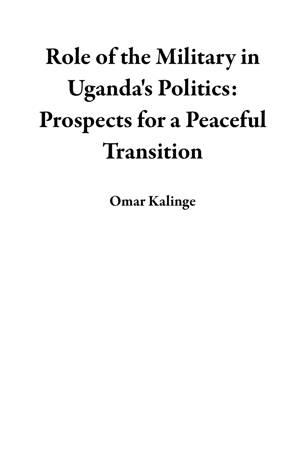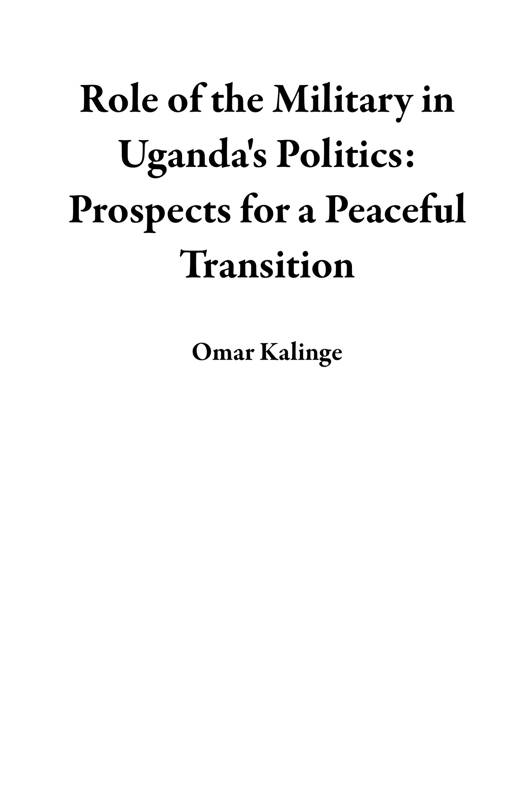
- Retrait gratuit dans votre magasin Club
- 7.000.000 titres dans notre catalogue
- Payer en toute sécurité
- Toujours un magasin près de chez vous
- Retrait gratuit dans votre magasin Club
- 7.000.0000 titres dans notre catalogue
- Payer en toute sécurité
- Toujours un magasin près de chez vous
Role of the Military in Uganda's Politics: Prospects for a Peaceful Transition EBOOK
Omar KalingeDescription
This book is written for a general audience and deliberately avoids academic jargon. It is intended for leaders at all levels and global citizens that take interest in democratic transitions in Africa. It is, however, recommended university reading. It examines five fault lines in Uganda's quest for a peaceful transition. The role of the army in Uganda's politics (a politicized army); the elusive capacity of Uganda's opposition to deliver change; an electoral system which is unrepresentative; barriers to regional integration and the often avoided but significant Muslim factor in Uganda's politics. The book has been deliberately designed in a way that each chapter can be read independent of the other.
.
Spécifications
Parties prenantes
- Auteur(s) :
- Editeur:
Contenu
- Langue:
- Anglais
Caractéristiques
- EAN:
- 9798215245675
- Date de parution :
- 11-04-23
- Format:
- Ebook
- Protection digitale:
- /
- Format numérique:
- ePub

Les avis
Nous publions uniquement les avis qui respectent les conditions requises. Consultez nos conditions pour les avis.






